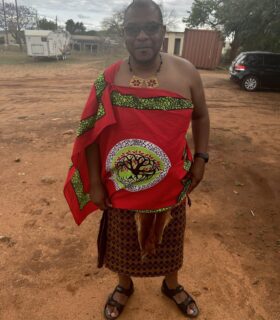
Cervical cancer is the most preventable cancer that exists today. Furthermore, upon inspection, Female Genital Schistosomiasis (FGS) can appear to look like cervical precancer making it difficult to diagnose cervical cancer accurately and leaving women with mistreated genital schistosomiasis.
As a response to these challenges, we rolled out the INTEGRATION project – Introducing Novel Tools to Enhance Gynaecological Research and Treatment – to reduce the vulnerability of women in Sub-Saharan Africa to these diseases and to prevent the potential long-term consequences on them.
In line with the World Health Organization’s (WHO) 4 strategic goals 1) the elimination of HIV, 2) the elimination of cervical cancer, 3) the elimination of FGS, and 4) the treatment of Soil-transmitted helminths (STH), the INTEGRATION project will first and foremost study the use of an automated visual evaluation (AVE) tool, using the expert evaluation of images as a gold standard to explore the capability of health professionals to differentiate FGS from Cervical Cancer using the AVE tool. In addition, this project introduces novel cervical screening through HPV self-sampling, which is a much more precise primary prevention tool for cervical screening. This new method will empower women to take charge of their own gynecological health.
This research project looks at these four disease spaces and will help us understand the possible interaction of HPV, HIV, FGS, and STH. Most importantly, this integrative approach to women’s health will increase value to the healthcare system and to women themselves.
This project is made possible through a partnership with the Ministry of Health of Eswatini in particular the National Cancer Control Unit of Eswatini and National Malaria Unit of Eswatini, the National Cancer Institute (NCI) in the USA, BRIGHT Academy in South Africa, University of Southern Africa Nazarene in Eswatini, The University of Kwazulu-Natal in South Africa, the University of Oslo in Norway, and McGill University in Canada.





